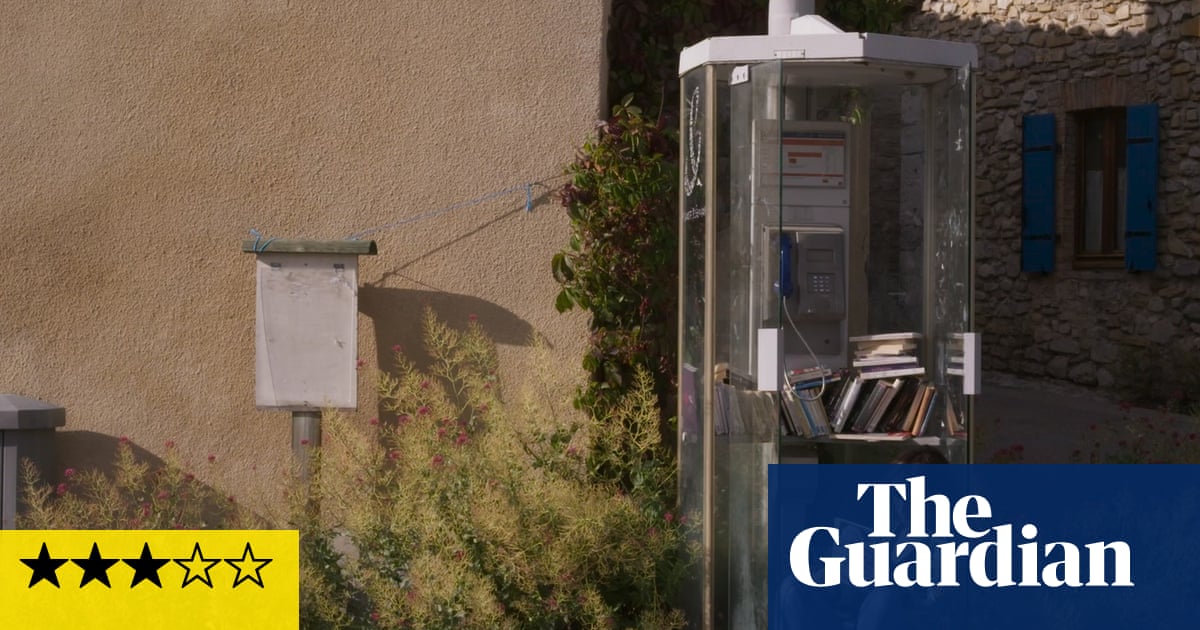The humble telephone box, a souvenir from the days of analogue, can also be an intriguing cinematic locus. Floriane Devigne’s road trip documentary begins with such a relic: the last public phone booth in Paris, which also appears in Jacques Rivette’s mesmerising 1981 film Le Pont du Nord. Unlike their Instagrammable British counterparts, French phone boxes are usually painted in a demure grey and blend seamlessly with their surroundings.
As it moves from the capital city to more remote areas, Devigne’s film observes the vanishing of a formerly essential utility as her cross-country odyssey sparkles with an endearing whimsicality. Instead of using talking heads, Devigne ducks into various phone boxes scattered acrossFrance, as she takes calls from her interview subjects. Stories of love and longing fill these unassuming booths, themselves once the location of secret rendezvous and romantic trysts. The interiors of these facilities are now caked with dirt and graffiti; the lovers of yore are long gone.
In one of these booths, Devigne reads out graffitied slogans supporting the far-right National Rally and politician Marine Le Pen. It soon transpires that the disappearance of the phone boxes is just one symptom of a larger issue: funding cuts for public services in rural France. With state hospitals and schools closing down, local frustrations towards Macron’s policies morph into worryingly divisive rhetoric.
Devigne’s talent for moving from a specific object to larger socio-political issues turns what could have been a nostalgia-heavy film into a clear-eyed examination of contemporary legislation and its consequences. With the past squarely in its rearview mirror, Allo la France looks towards the future, sounding an urgent warning about the disintegration of public amenities.
Allo la France is on True Story from 27 June
